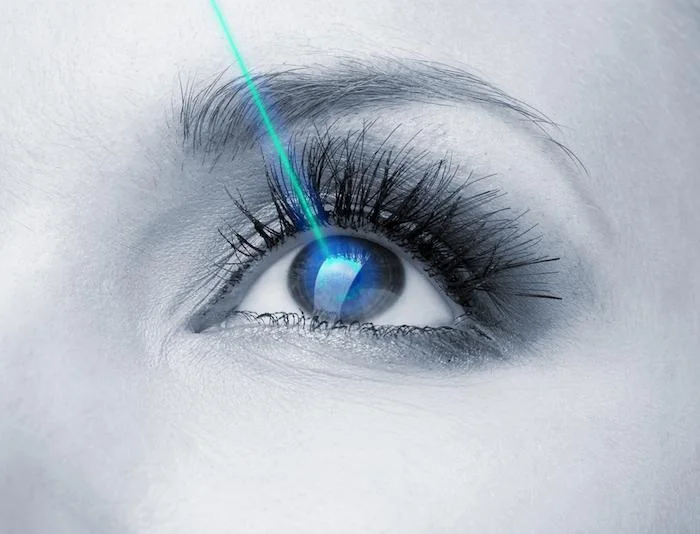Laser vision correction is a type of eye surgery that’s known as refractive surgery. Refractive surgery corrects the shape of your cornea to more accurately refract (bend) light so the images on your retina are clear and sharp.
If you’re near-sighted or far-sighted — or both, a condition associated with aging known as presbyopia — your cornea is either too curved or too flat to correctly bend the light that strikes your eye. This is why you have blurry vision at certain distances.
Usually, your first step toward correcting your vision is getting prescription glasses or contact lenses. But that doesn’t have to be your last step. Laser-assisted in-situ keratomileusis surgery, best known by the acronym LASIK, is a popular eye surgery that permanently corrects the deformation in your cornea so you can see clearly.
John Ghobrial, MD, founder of Eye Associates of Monmouth, is an expert at performing laser eye surgeries, including LASIK. Here, he shares some of the benefits that his patients have experienced after their laser eye surgery.
Reduced or no need for corrective lenses
If you have fantasies of rolling out of bed with clear vision, or not worrying about lost eyeglasses or contacts, LASIK could be for you. About 90% of patients have vision that ranges between 20/20 and 20/40 after their surgery, and they don’t need to wear corrective lenses anymore.
Even those who don’t get near-20/20 vision after laser eye surgery notice improvements in their vision and can reduce their reliance on glasses. For instance, you might only need glasses when you read or drive.
LASIK is virtually pain-free
Nobody likes pain, especially not eye pain. We keep you comfortable during your LASIK procedure with special eye drops that numb your eyes so you don’t feel a thing.
You hear a little clicking sound as the laser creates a flap in the top layer of your cornea and then reshapes the lower layer. We can also give you a sedative to keep you calm during this simple, quick procedure.
You see better, quickly
LASIK is a fast in-office procedure that has virtually no downtime. You may notice improvements in your vision immediately after your surgery. Most patients see well by the next day. You don’t have any stitches, and you don’t need to wear bandages, either. Recovery is quick and simple.
We can make adjustments as you age
Even after LASIK, your eyes continue to change as you age. A common condition that many adults develop after age 40 or so is called presbyopia. If you have presbyopia, you have trouble with blurred vision at both close distances and far distances.
If you had excellent vision right after your LASIK or other laser eye surgery and then notice slight changes to your vision over time, we may be able to correct them. As long as your eye is healthy, you can continue “tweak” your cornea to bend light correctly as your eye changes with age.
The procedure is flexible and can help with presbyopia
Although LASIK can’t cure presbyopia, you may opt for a surgery in which Dr. Ghobrial corrects one eye for near-sightedness and the other eye for far-sightedness. The result is something akin to wearing just one contact lens at a time: One eye sees better at distances while the other sees better close-up.
To test whether you’d benefit from a LASIK correction for presbyopia, try just wearing one contact lens, which is known as monovision. If you’re comfortable with monovision, you could go on to have laser eye surgery.
Are you a candidate for laser eye surgery?
You must have healthy eyes and be at least 18 years old. Not everyone’s a candidate for LASIK. If your cornea is very thin, you may instead benefit from another, older type of laser eye surgery that Dr. Ghobrial performs, called photorefractive keratectomy (PRK).
If you’re interested in finding out if you’d benefit from laser vision correction, contact our friendly team at Eye Associates of Monmouth by calling our office in Colts Neck, New Jersey, sending us a secure online message, or booking your appointment using our online tool.


